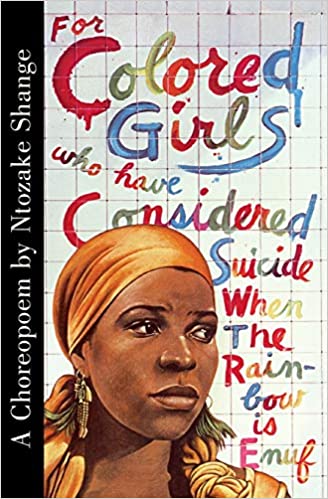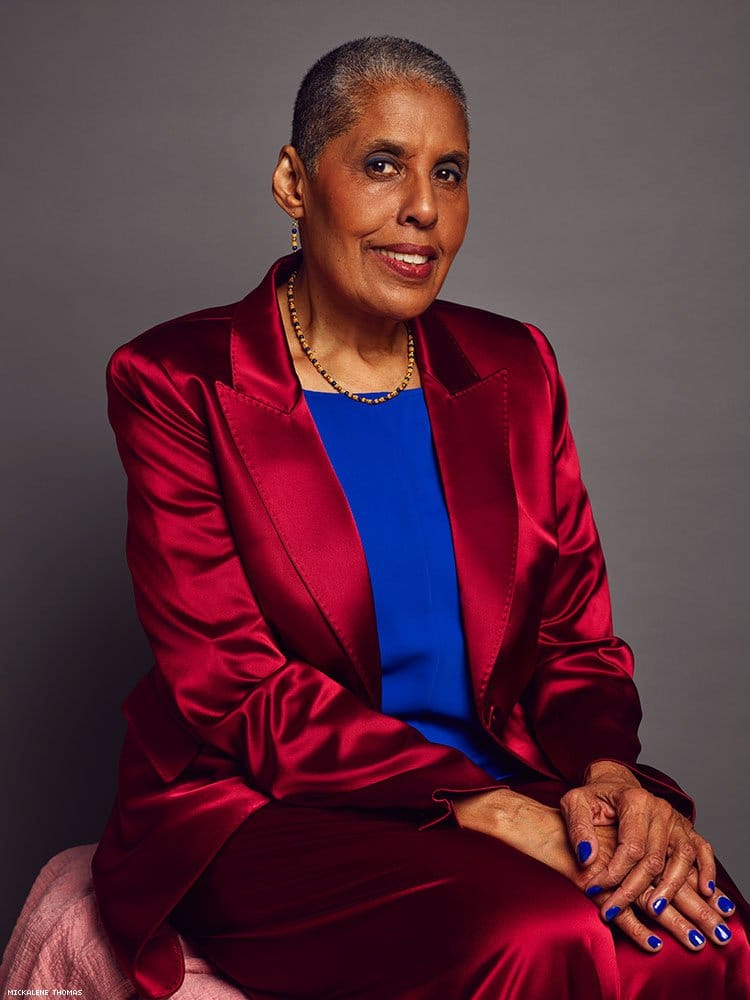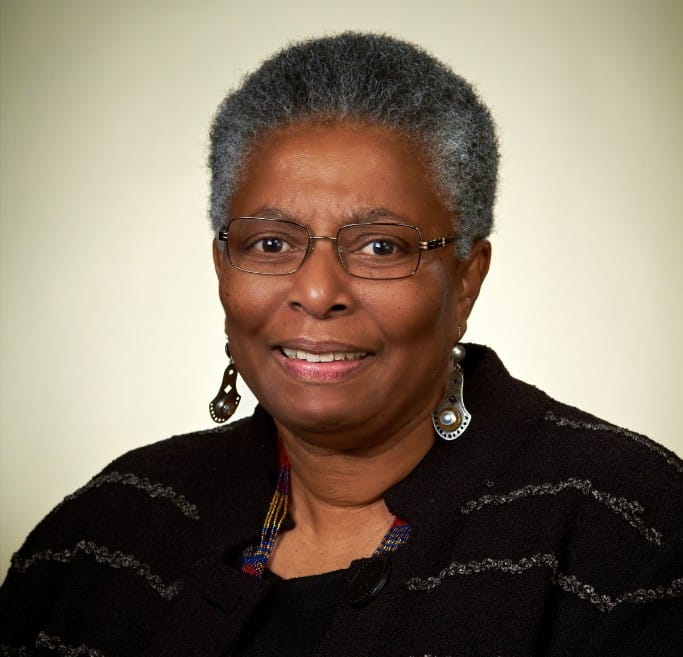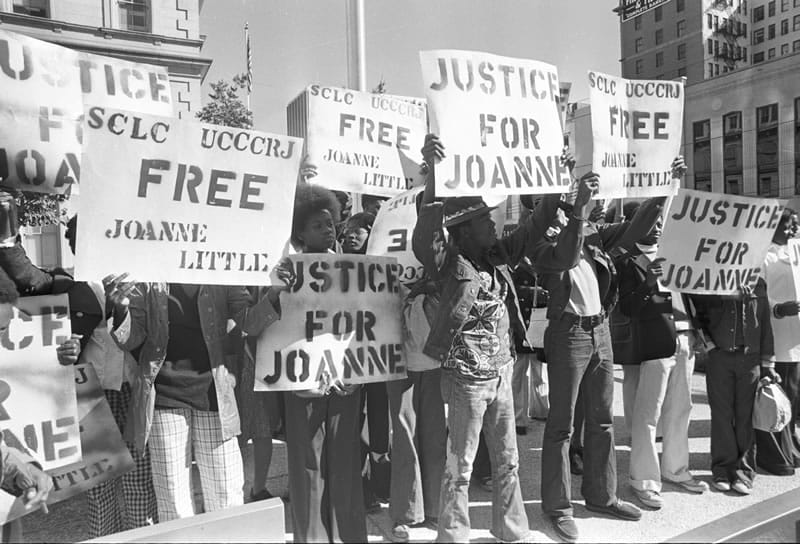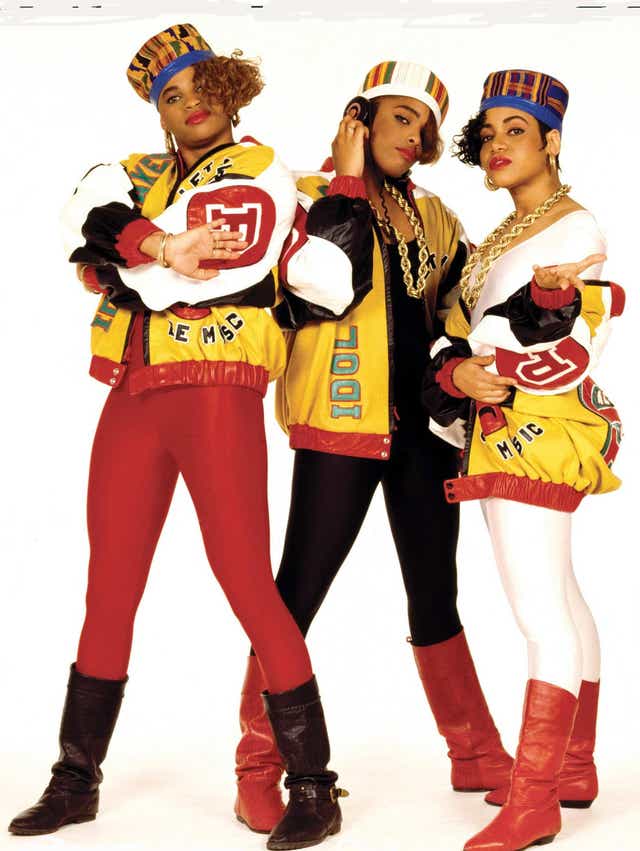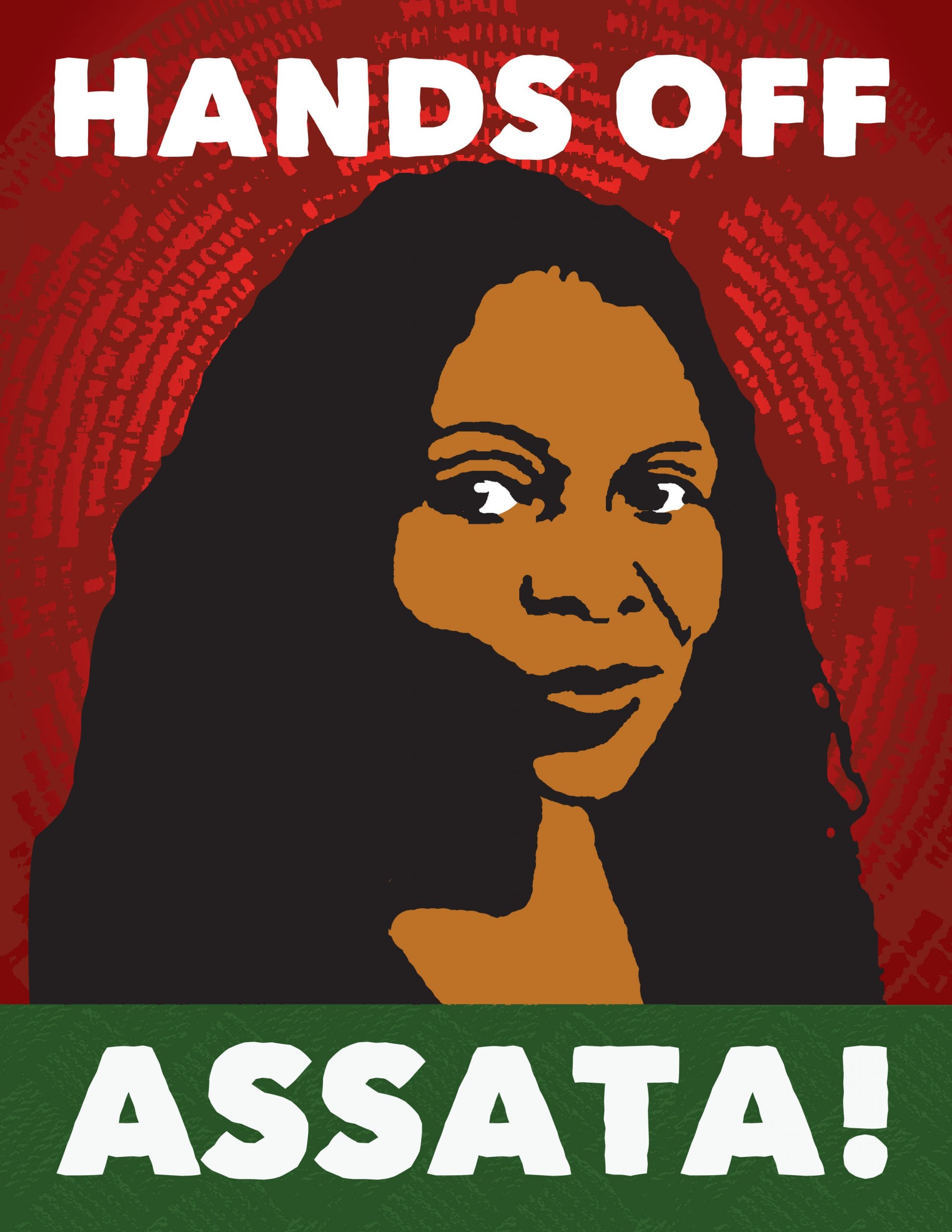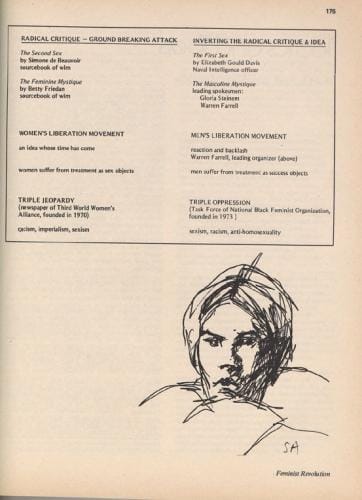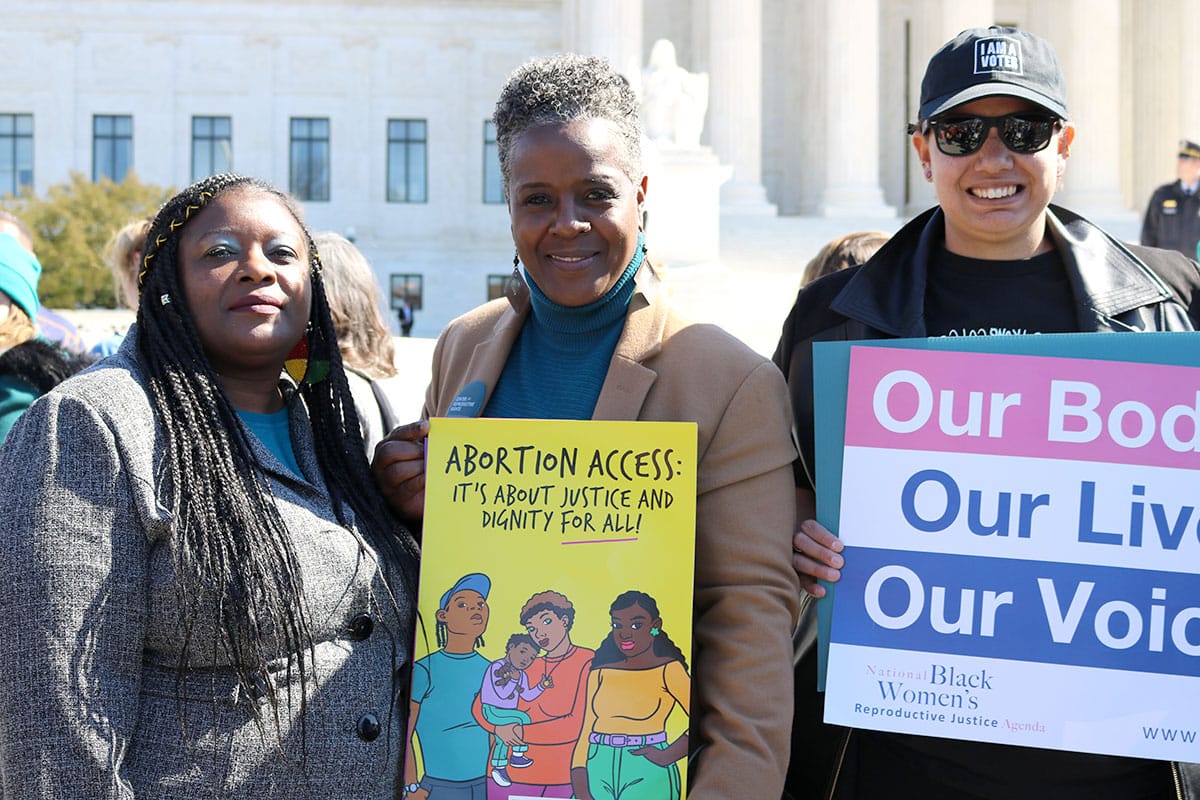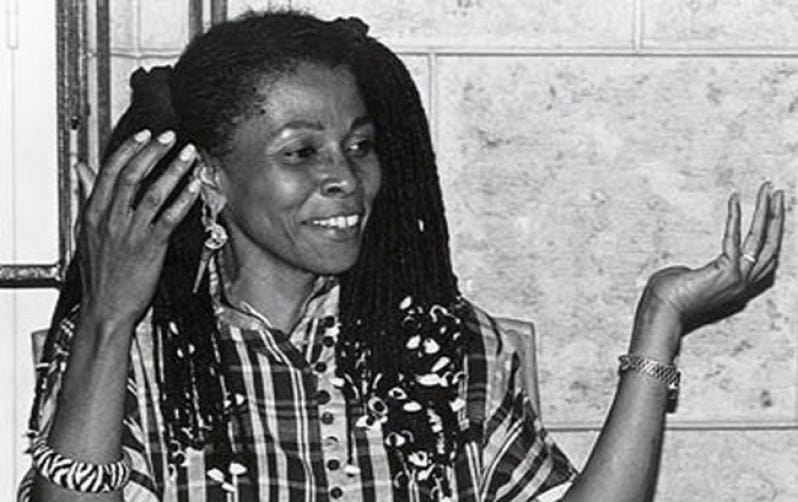“The Combahee River Collective statement was created and written by Afrocentric Black feminists who parted ways from the NBFO (National Black Feminist Organization) in order to create, define, and clarify their own politics.” The statement declared that the collective was “committed to struggling against racial, sexual, heterosexual, and class oppression.”
Author: developer
“For Colored Girls,” by Ntozake Shange
Ntozake Shange’s choreopoem, “For Colored Girls Who Have Considered Suicide/When the Rainbow is Enuf,” was first released in 1975. In 2010, Tyler Perry adapted the choreopoem into a film that features Black women icons like Janet Jackson, Phylicia Rashad, Thandie Newton, and Macy Gray. Both the film and choreopoem explore the interconnected lives, experiences, and struggles of Black women and serve as a “survival manual” for Black girls.
Barbara Smith
Barbara Smith is a Black feminist, scholar, activist, author, and a leader in establishing the field of Black women’s studies in the U.S. She was the first Black district attorney of Albany County and the first woman mayor of the city of Albany. Smith and her comrades at the Combahee River Collective are credited with originating the term identity politics, which we now refer to as intersectionality.
Katie Cannon
Katie Cannon was a leader in Black and womanist theology. In 1974, she became the first Black woman to be ordained in the United Presbyterian Church, and in 1983 became the first Black person to obtain a PhD from Union Theological Seminary in New York. She is credited as being the founder of both the fields of womanist theology and ethics.
The Joan Little Campaign
Barnard Center for Research on Women notes, in its video, Joan Little, Survived and Punished: “In 1974, Joan Little was charged with first-degree murder after she stabbed a prison guard who sexually assaulted her at Beaufort County Jail. Joan’s case became a national cause for prisoners’ rights advocates, feminists, people advocating against the death penalty, and for racial justice. Protests about her case were widespread and global. After a five-week trial, the jury, made up of both Black and white people, deliberated for less than 90 minutes before acquitting Little. It was the first time a woman was acquitted of murder on the grounds of self-defense against sexual violence.”
Hip Hop
Hip hop is a cultural and artistic movement that was created by Black and brown people navigating the oppressive living conditions in the South Bronx, New York City. While it is often used as a synonym for rap, hip hop comprises four elements: DJing, rapping, writing, and breakdancing.
Hands Off Assata
The Hands Off Assata Campaign is a coming together of organizations and individuals who are outraged by the heightened attempts by the federal government, Congress of the United States, and the state of New Jersey to illegally force [through] kidnapping a return of Assata Shakur from Cuba to the plantation [of the] United States.
National Black Feminist Organization
Founded in May 1973, the National Black Feminist Organization (NBFO) aimed to address the sexism and racism that Black women experience. The first NBFO meeting took place in New York City and involved well-known figures and activists, including Michele Wallace, Margaret Sloan, Flo Kennedy, Faith Ringgold, and Doris Wright. By February 1974, there were more than 2,000 members of NBFO and ten chapters across the country.
Roe v. Wade
History.com notes: “Roe v. Wade was a landmark legal decision issued on January 22, 1973, in which the U.S. Supreme Court struck down a Texas statute banning abortion, effectively legalizing the procedure across the United States. The court held that a woman’s right to an abortion was implicit in the right to privacy protected by the 14th Amendment to the Constitution. Prior to Roe v. Wade, abortion had been illegal throughout much of the country since the late 19th century.”
Assata Shakur
Assata Shakur is a political activist, author, and the step-aunt of Tupac Shakur. In the 1970s, she became a member of the Black Panther Party for a short period of time before joining the Black Liberation Army. In 1973, Assata was involved in an altercation between the Black Liberation Army and Newark police, which resulted in the death of Assata’s friend, Zayd Shakur, and State Trooper Werner Foerster. In 1977, she was found guilty of murder and sentenced to life in prison plus 30 years, despite there being evidence that proves her innocence. In 1979, she escaped from prison and has been living in Cuba in exile ever since.


